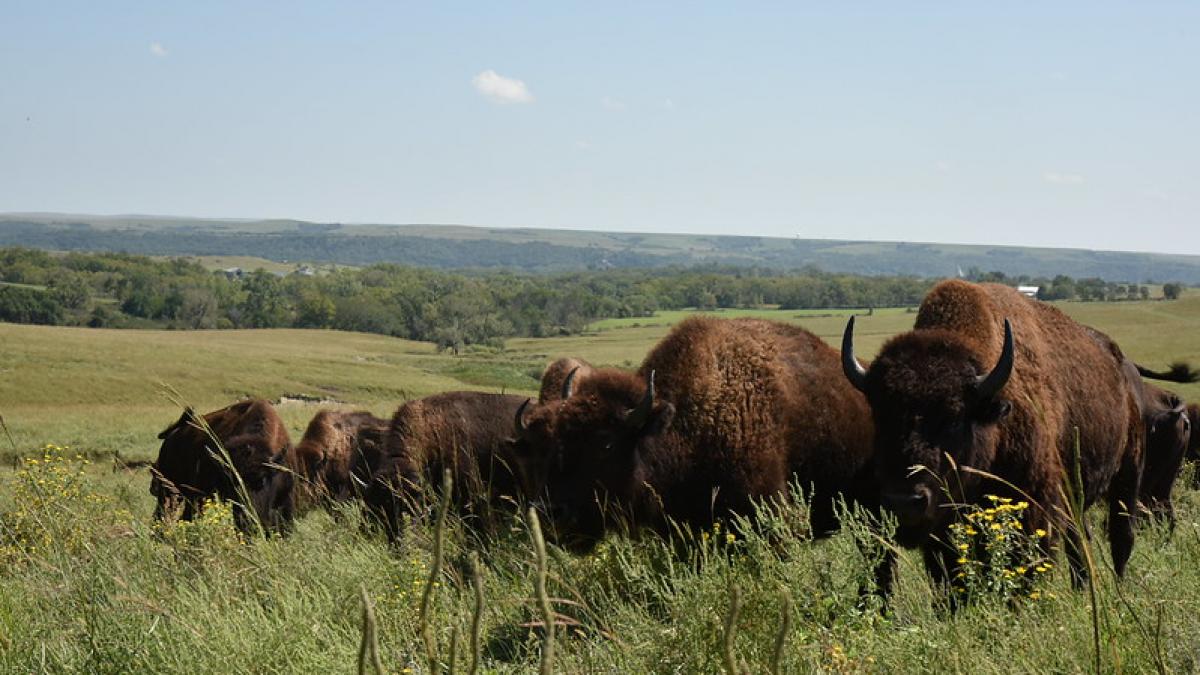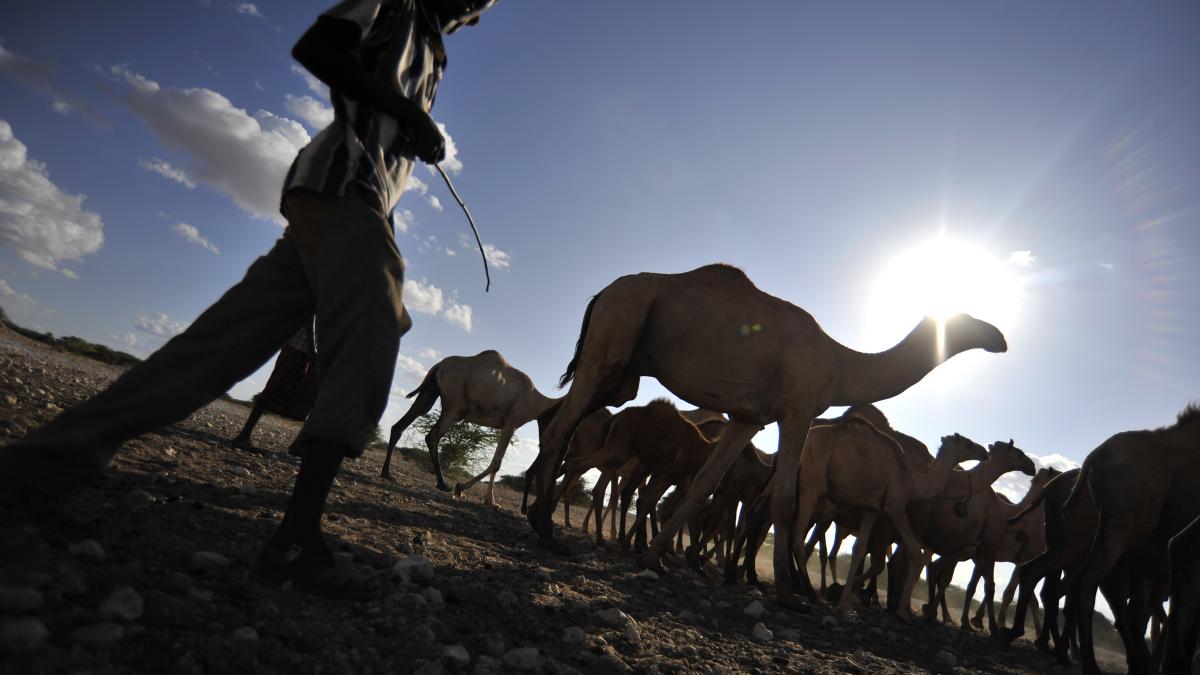

Most livestock farmers and herders are stewards of important ecosystem services.
They provide key ecosystem services.
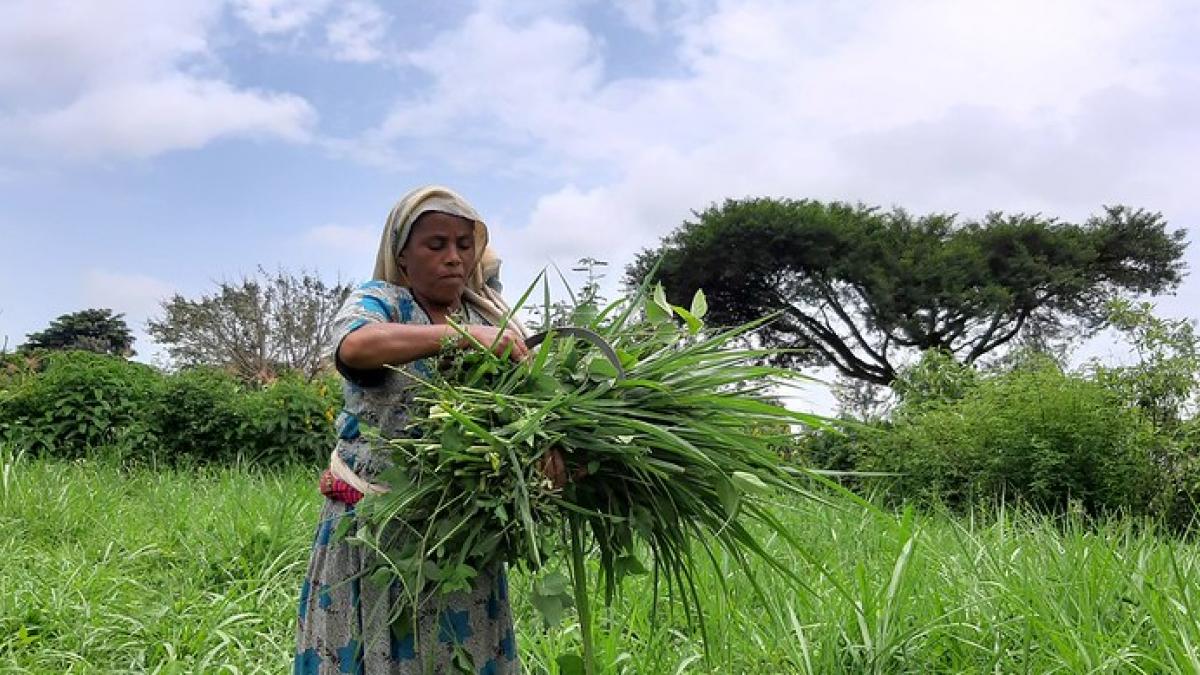
Pastoralism provides a path to adaptation for the 268 million livestock herders who are significant contributors of livestock derived foods and products in Africa.
Pastoralists are herding communities that graze their animals on rangelands, providing 75% of Africa’s milk and more than 50% of its meat.
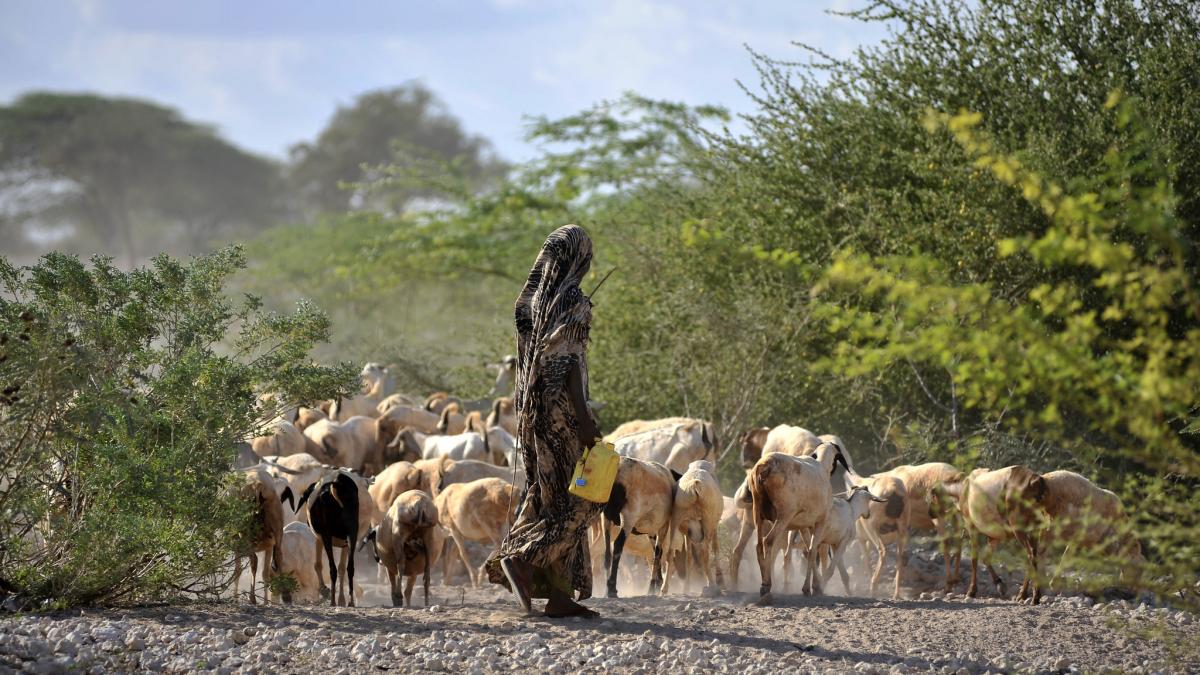
Livestock place less burden on human food and fresh water supply than previously reported.
Feeding and watering livestock in most livestock production systems in Africa does not reduce food or water supply for people.
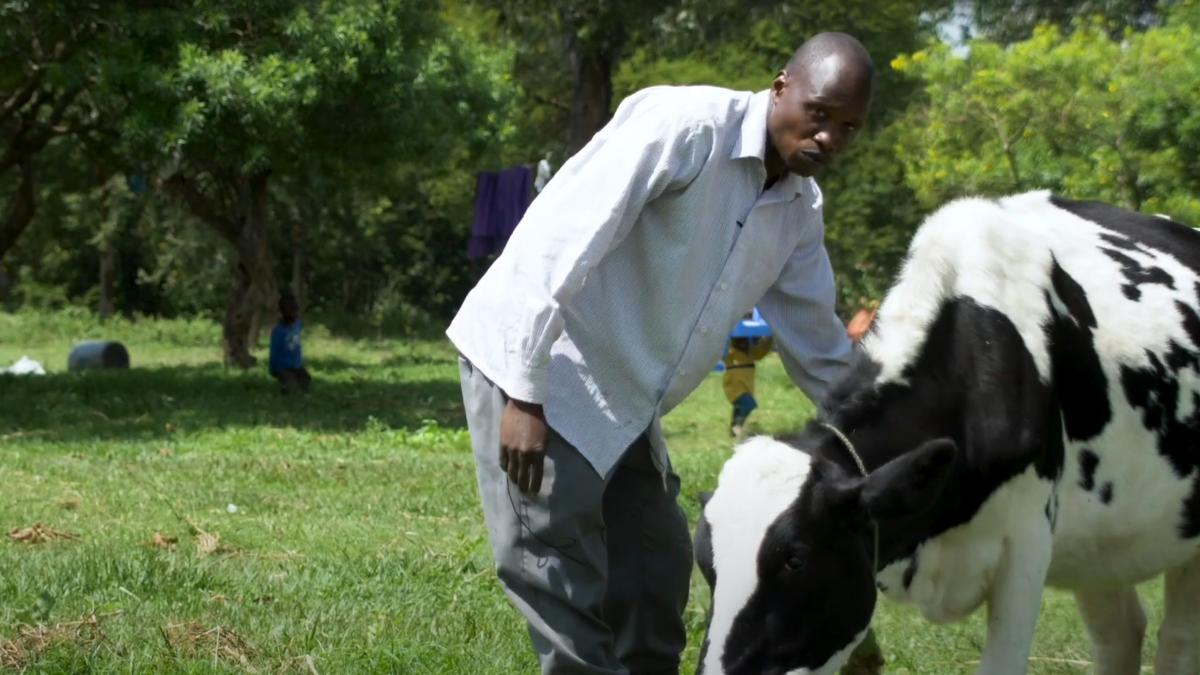
About one-third of the world’s food supply is produced by small, mostly family-run farms.
These farms integrate livestock with crops in regenerative and circular agricultural systems.
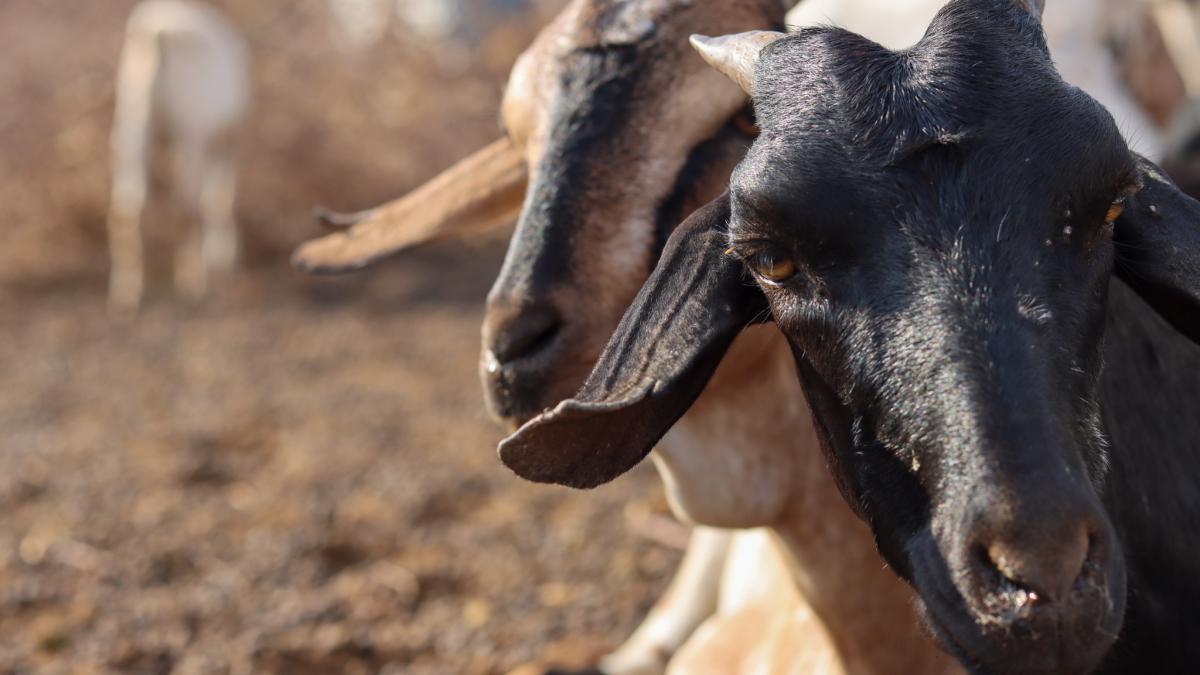
Context
Livestock production in developing countries is growing rapidly and will continue to do so for decades, which is opening major pathways out of poverty for nearly 700 million small-scale producers living on less than $1.90 a day.
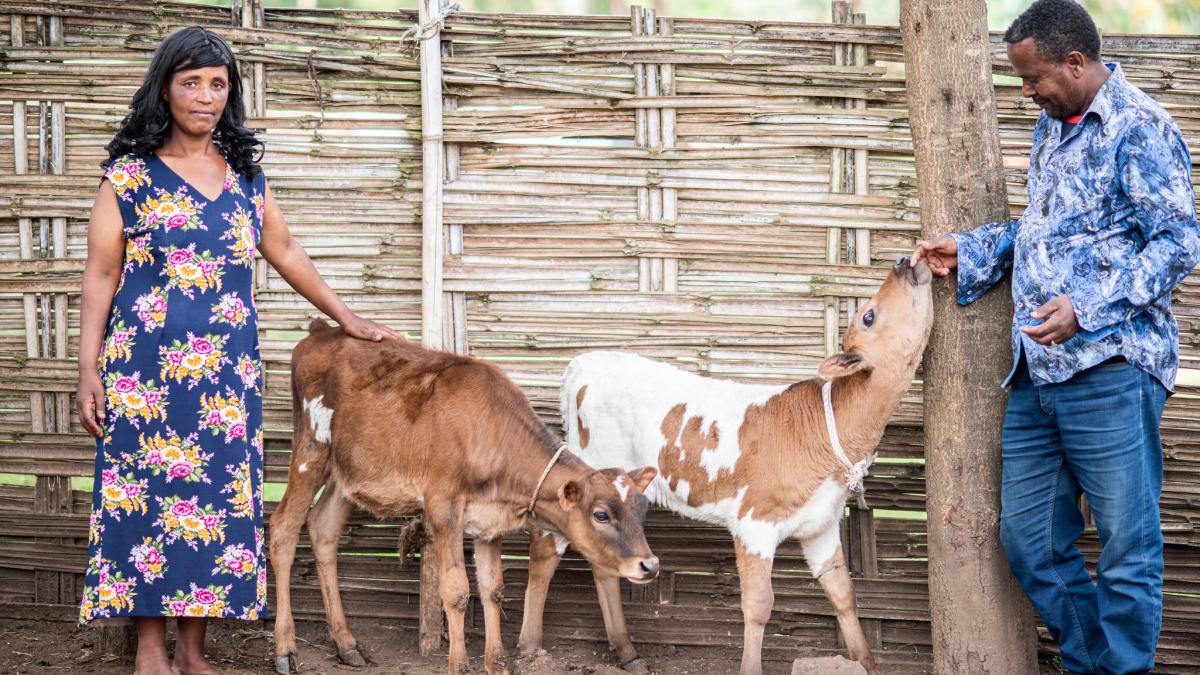
Context
Milk, meat and eggs—dense with critical nutrients proteins and micronutrients and among the most nourishing of human foods—are missing from the food plates of most of the world’s two billion poorest people.
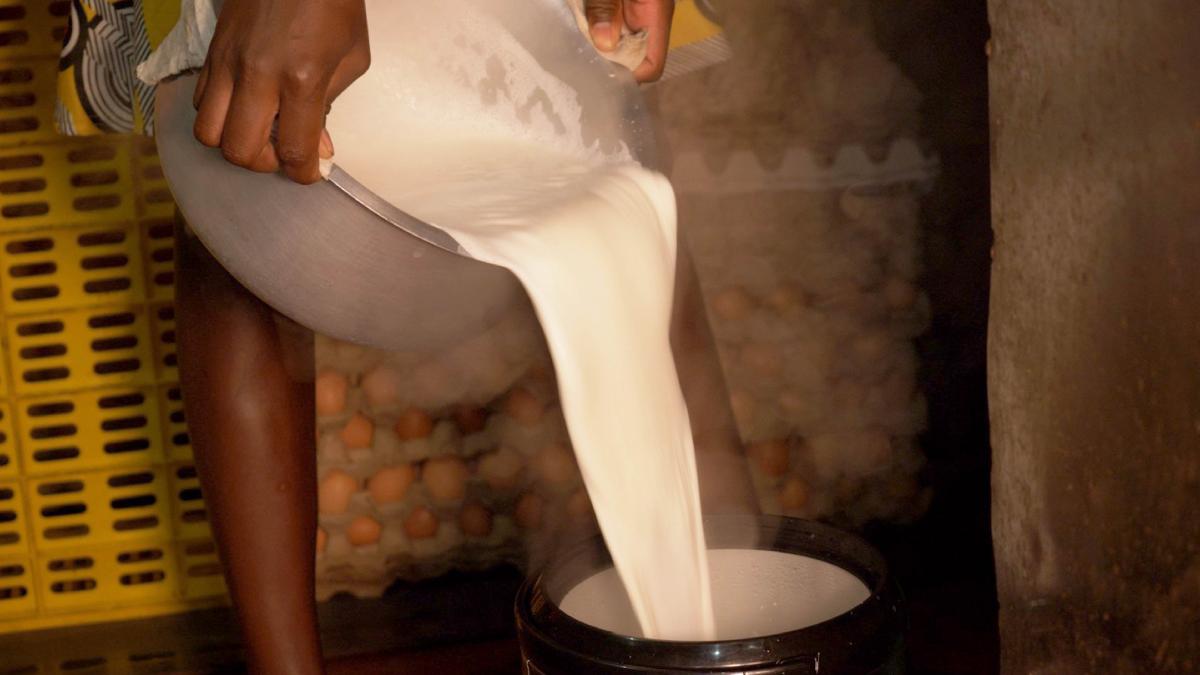
How can better animal health improve human health?
Keeping livestock healthy and well cared for improves animal, human, ecosystem and economic health.
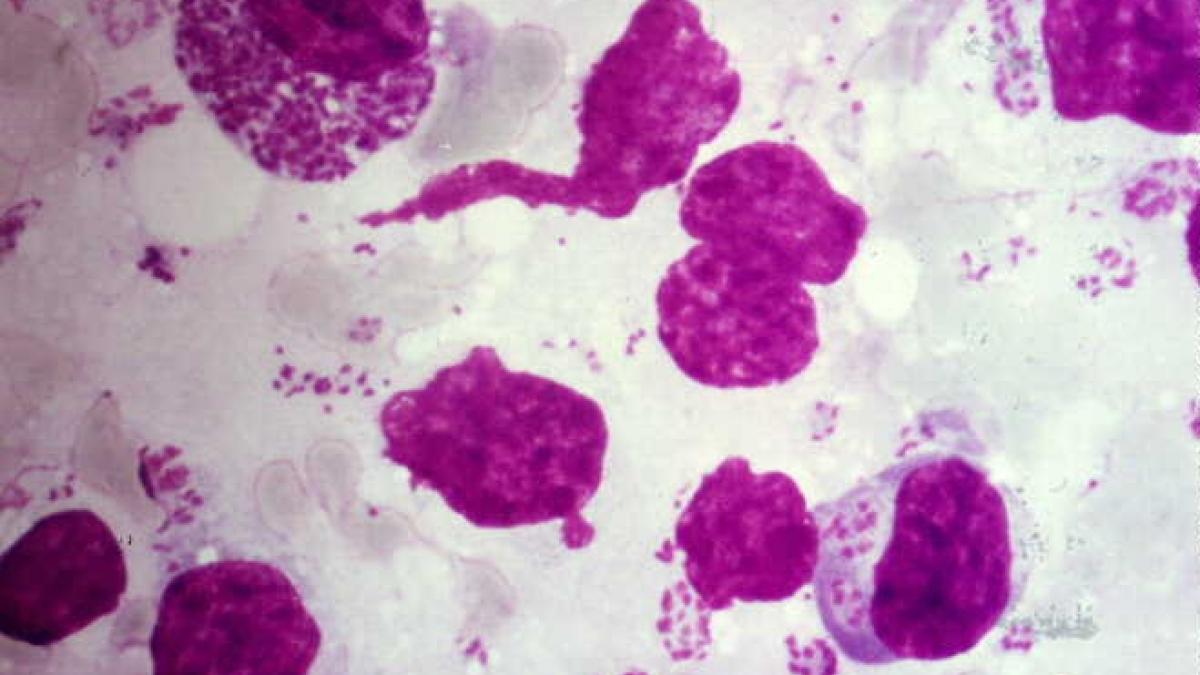
Context: Women play leading roles in livestock production
Livestock are a powerful but neglected asset for hundreds of millions of families. Reducing gender disparities is essential to realizing their potential to reduce poverty and malnutrition and expand economic opportunities for everyone and especially for women and girls.

How are livestock and the environment connected?
Context matters; properly tailored for specific communities and environments, livestock practices serve both.
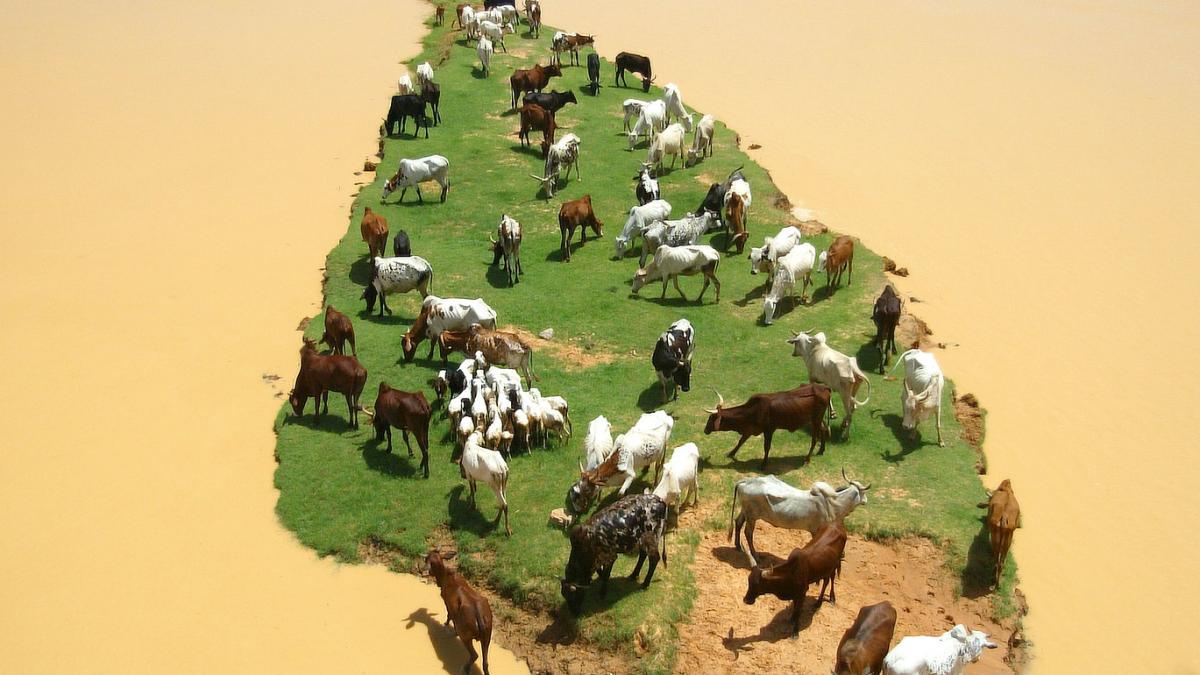
Empowering women enhances the health of people, animals and the environment
Our health is improved when decisions include all perspectives; investing in gender-responsive interventions increases the potential for success and leaves no-one behind.
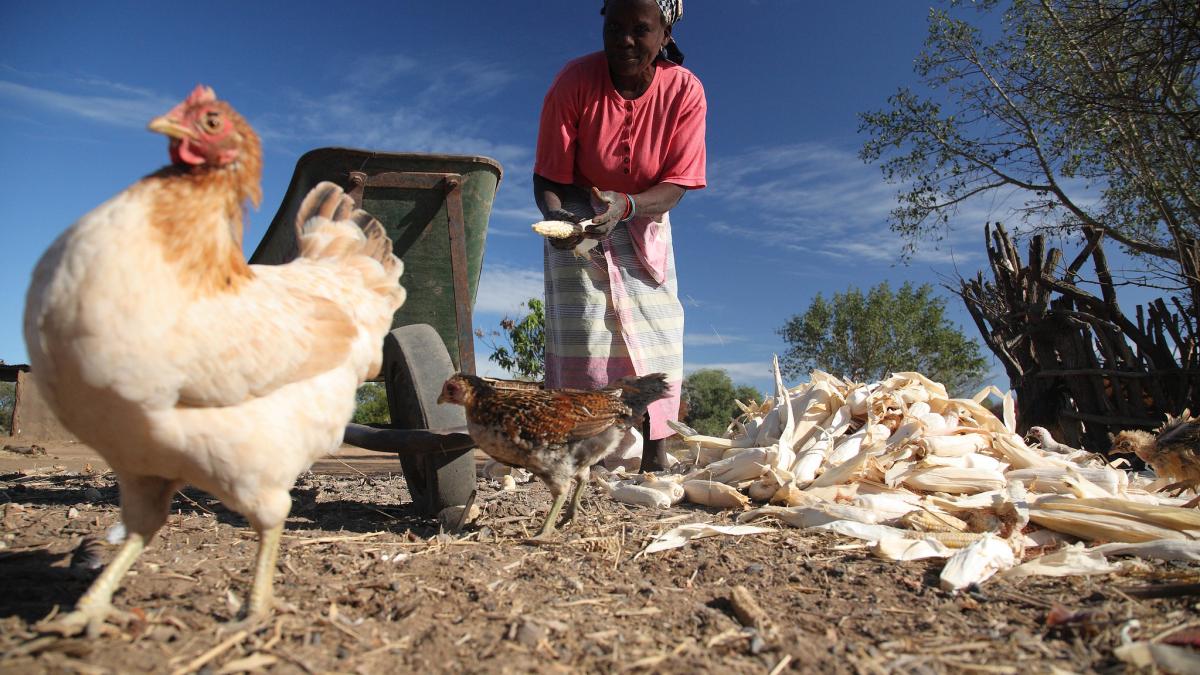
Joined up investments reduce health risks and burdens to people, livestock and ecosystems
Complex health problems affecting people, animals and the environment are best tackled through integrated ‘one health’ investments and policies that unite and apply multi-sectoral medical, veterinary and ecosystem expertise.
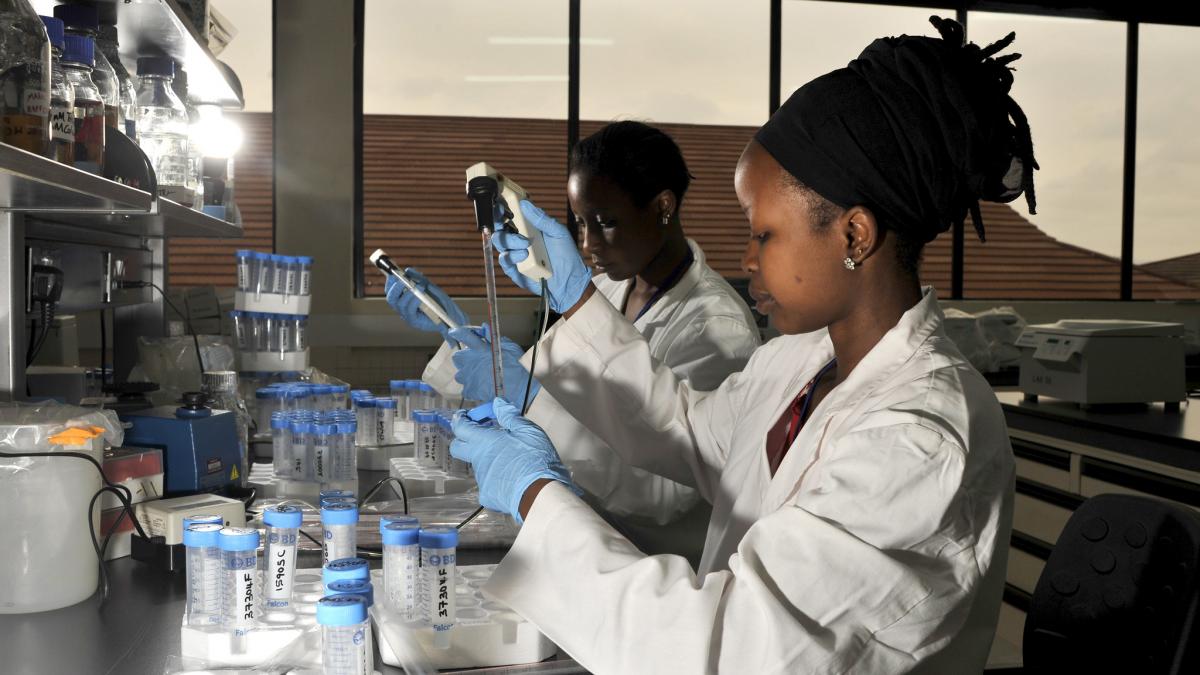
Healthy, well cared for livestock contribute to improved animal, human and environment health
Maintaining good animal health and welfare brings widespread development benefits to people in low- and middle-income countries and contributes to a sustainable future for all.
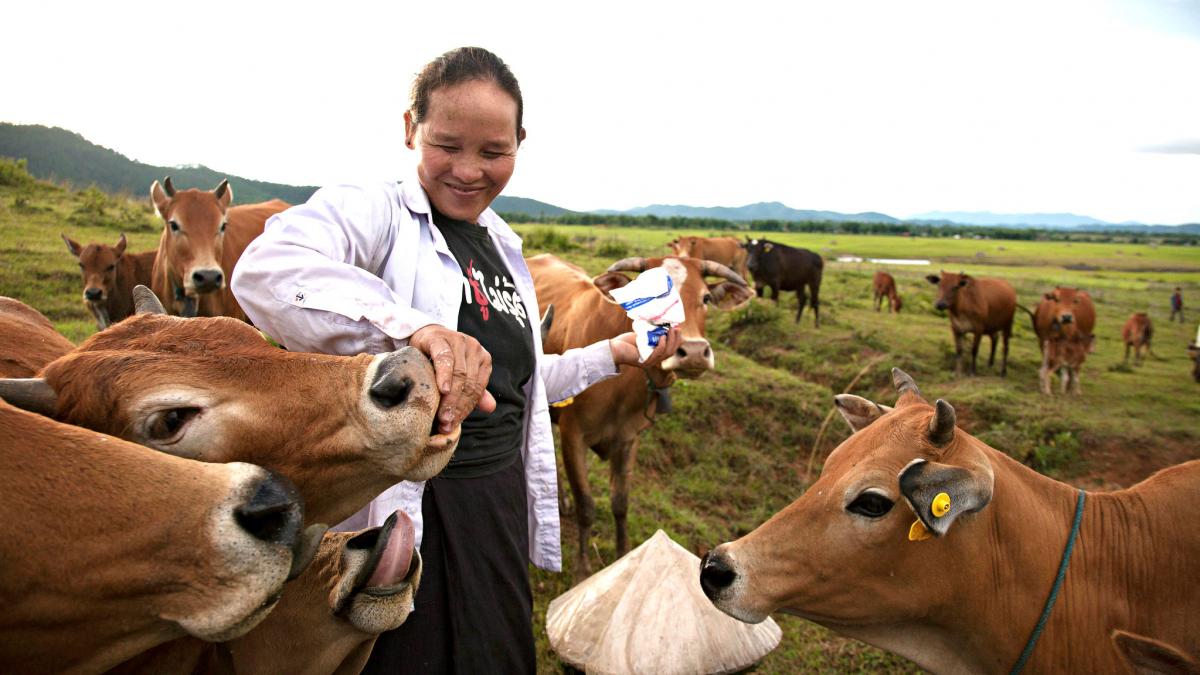
Integrating livestock and environmental planning can stem disease outbreaks
Ecosystem conservation and livestock-keeping must work hand in hand for the sake of better human, animal and environmental health.
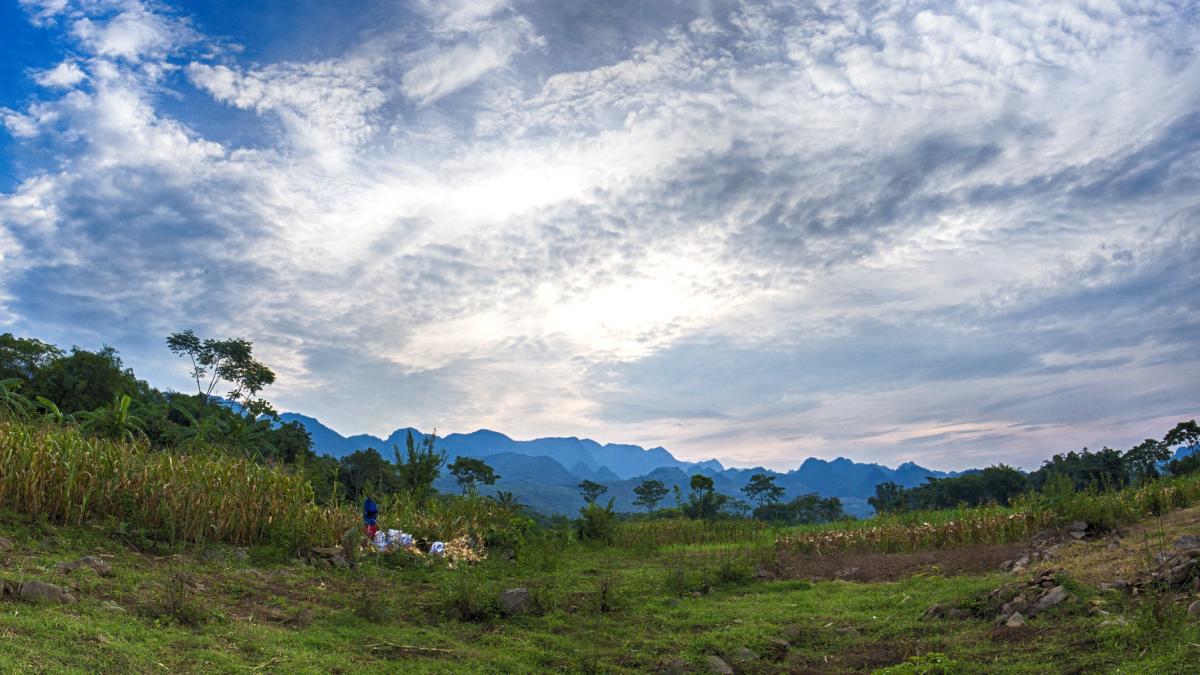
Nutrient-dense animal-source foods are essential to human development
During critical life phases (during pregnancy and lactation, infancy, and early childhood through adolescence), optimal livestock-derived food consumption safeguards the health, education, nutrition and well-being of women and children, preventing stunting, wasting and premature death
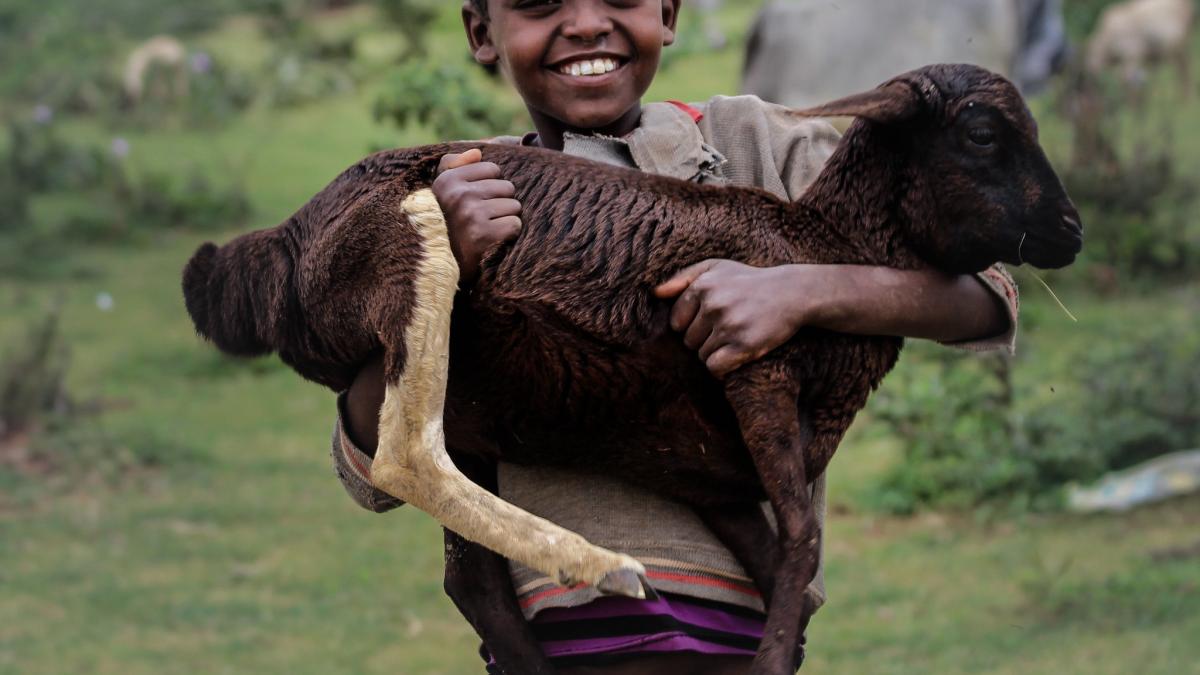
Support mixed smallholder farms
On mixed crop-livestock farms that produce most of the world’s livestock products, appropriate market-driven solutions will help farmers sustainably intensify production, providing income and livelihoods and offering opportunities to empower women
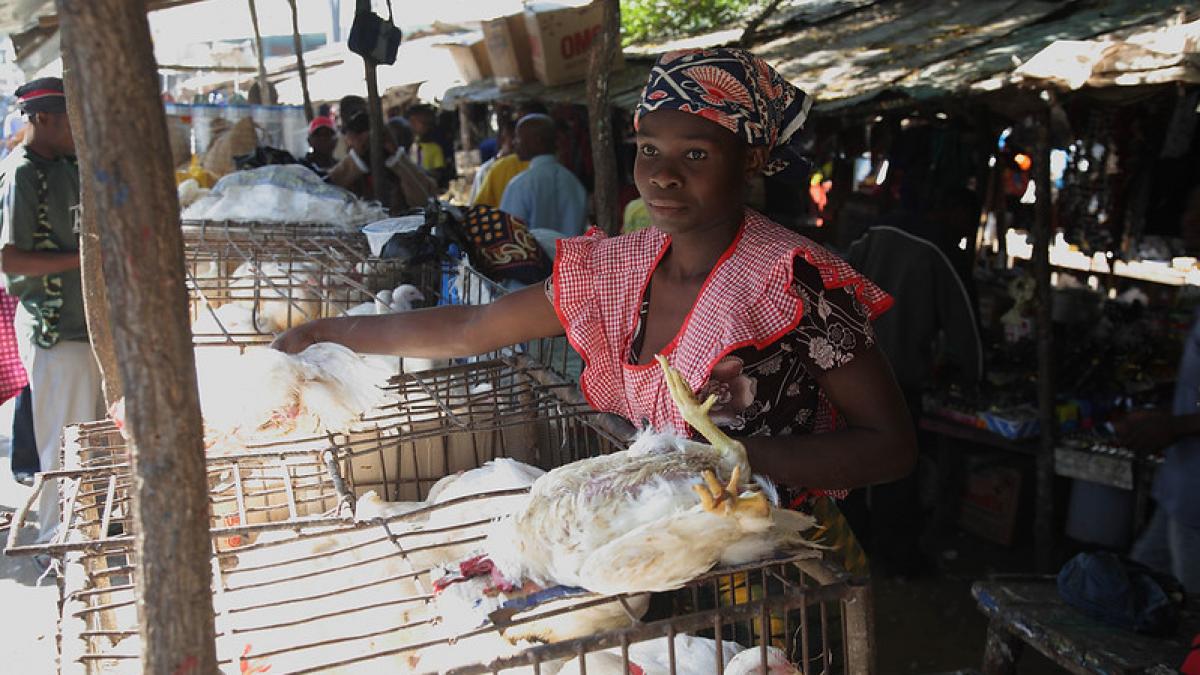
Help small-scale livestock keepers adapt to, as well as mitigate, climate change
More sustainable livestock sectors present huge opportunities to help communities adapt to climate change while at the same time lowering their greenhouse gas emissions.
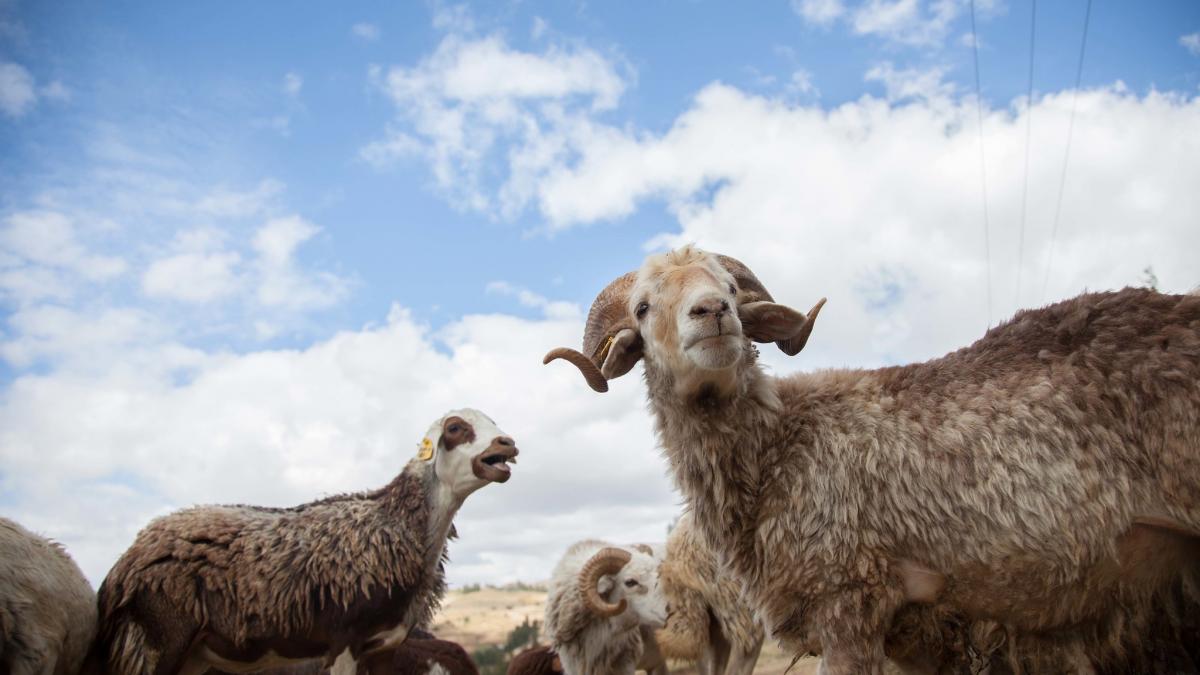
Enhance small-scale livestock systems to help mitigate climate change
Improving smallholder livestock productivity also reduces greenhouse gas emissions.
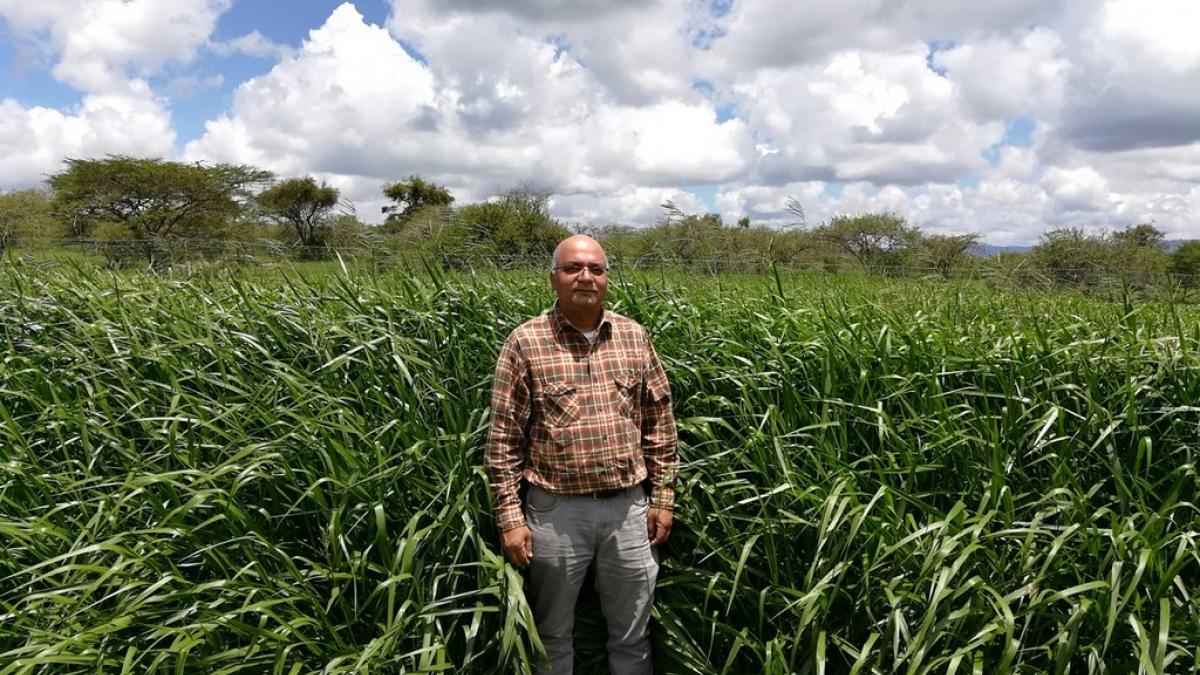
Promote integrated agricultural solutions for optimal use of land and water resources
The land, feed and water requirements of livestock do not need to compete with the food needs of people.
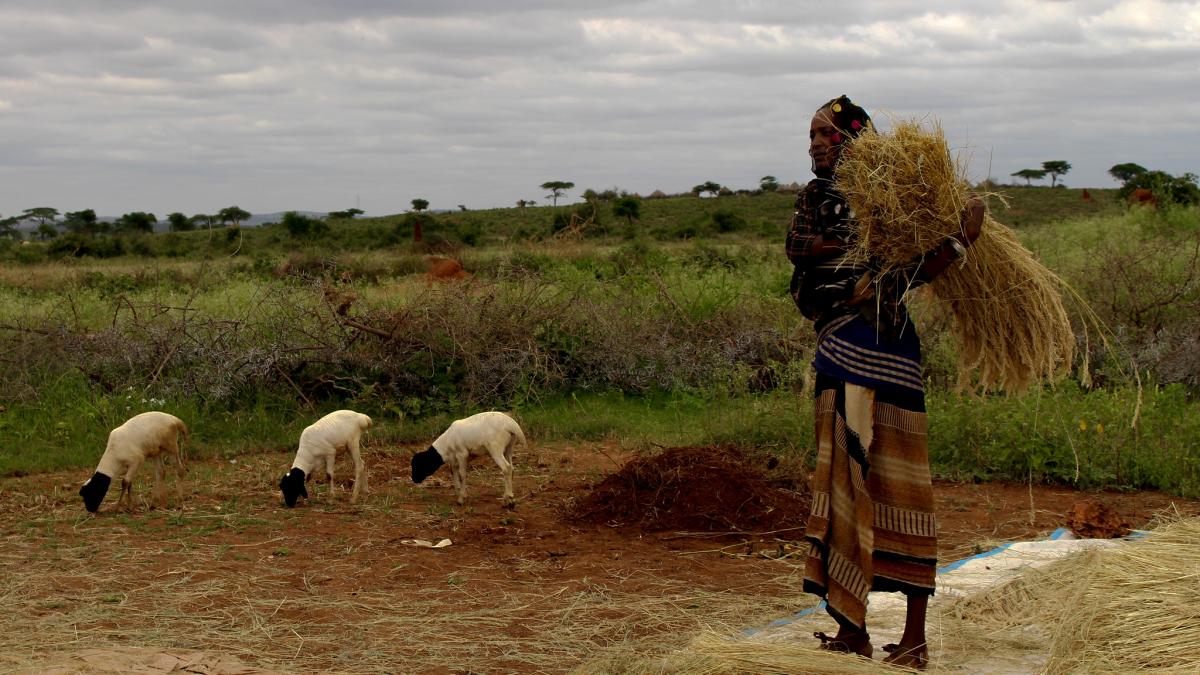
Use livestock systems to manage land, water and biodiversity resources sustainably
Livestock can be managed to enhance rather than harm the environment.
